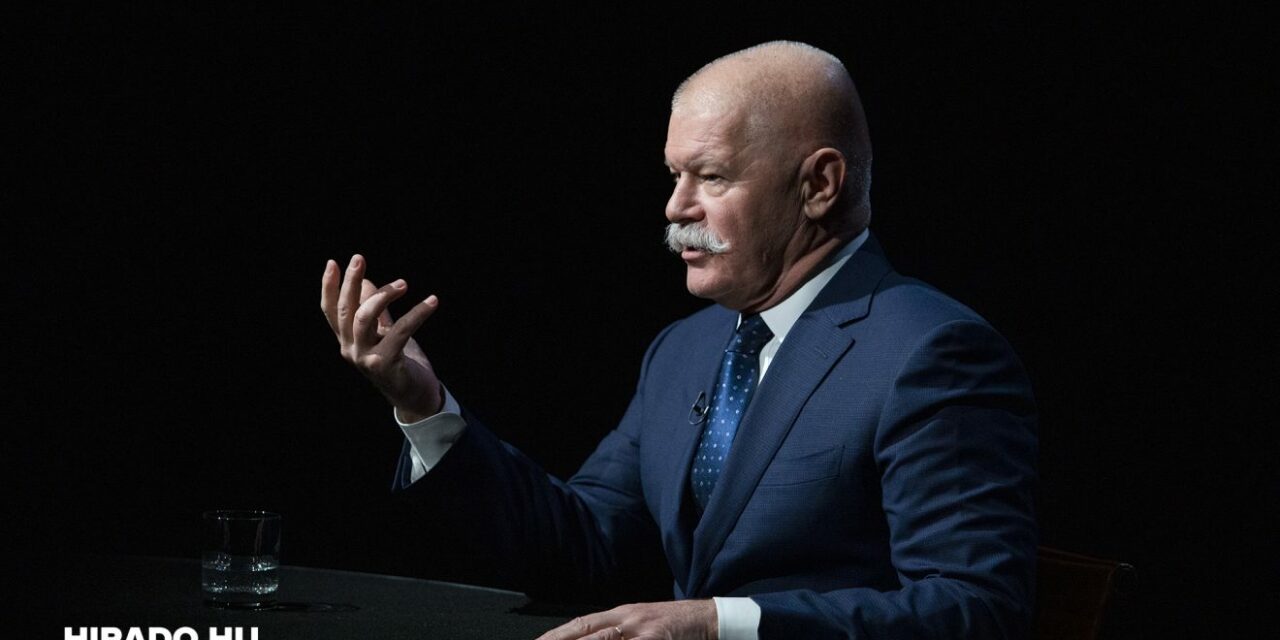János Csák, Minister of Culture and Innovation, was Tamás Lánczi's guest on Thursday's broadcast of the program 48 minutes - Host: Tamás Lánczi.
Tamás Lánczi started the discussion with a previous statement by the minister responsible for culture and innovation, János Csák, according to which "the times when the state will solve it are over." What does this sentence mean, what needs to be solved? asked the opening question of the presenter.
In his answer, János Csák explained that civil governments are trying to strengthen the middle class, which sustains the country, with the means at their disposal. The result of the policy of tax reduction, personal income tax, and business tax reduction was that the financial situation of the population has increased two to three times since 2010. As he said, thanks to the open middle class from below, the number of people exposed to direct poverty in Hungary has halved.
Regarding the financing of culture, he emphasized that the state will not withdraw from this area, as the amount of resources spent on culture increases every year. He emphasized: we spend 1.3 percent of GDP on culture, while in the European Union it ranges between 0.2 and 0.4 percent.
He stated: culture is what we can rely on, what gives us the core of our strength. Hungary is entering a new cultural era.
The minister said that cultural events are much cheaper in Hungary than in countries with similar purchasing power.
If the winners of the past period also join in supporting culture, the state would be able to reallocate even more resources to help the social strata that are falling apart.
János Csák also drew attention to the fact that a hundred years ago the cultural world was maintained by patrons, so the exclusive role of the state does not go back that long.
The conversation also touched on the Russian-Ukrainian war. Apparently, culture has nothing to do with this, but after the outbreak of the war, Western cultural institutions canceled programs that featured Russian performers. János Csák considers this a betrayal of Western civilization.
As he put it: " I don't know what Dostoevsky has to do with this war that is going on now. "
Last year, Semmelweis University of Medicine was chosen as one of the two hundred best universities in the world. In this regard, János Csák said that this success was based on the joint, consistent work of the scientific teachers, the university management and the senate, and the scientific cooperation, which was helped by the transformation of Semmelweis.
He added: " the state defined the aspects in which the university had to improve ". The minister considers that the success achieved by the Semmelweis University of Medicine can also be measured by the fact that more than half of the students of the veterinary university are foreigners. "[ The Semmelweis University of Medicine] is one of our best exports, " he said.
Source and image: Hirado.hu












